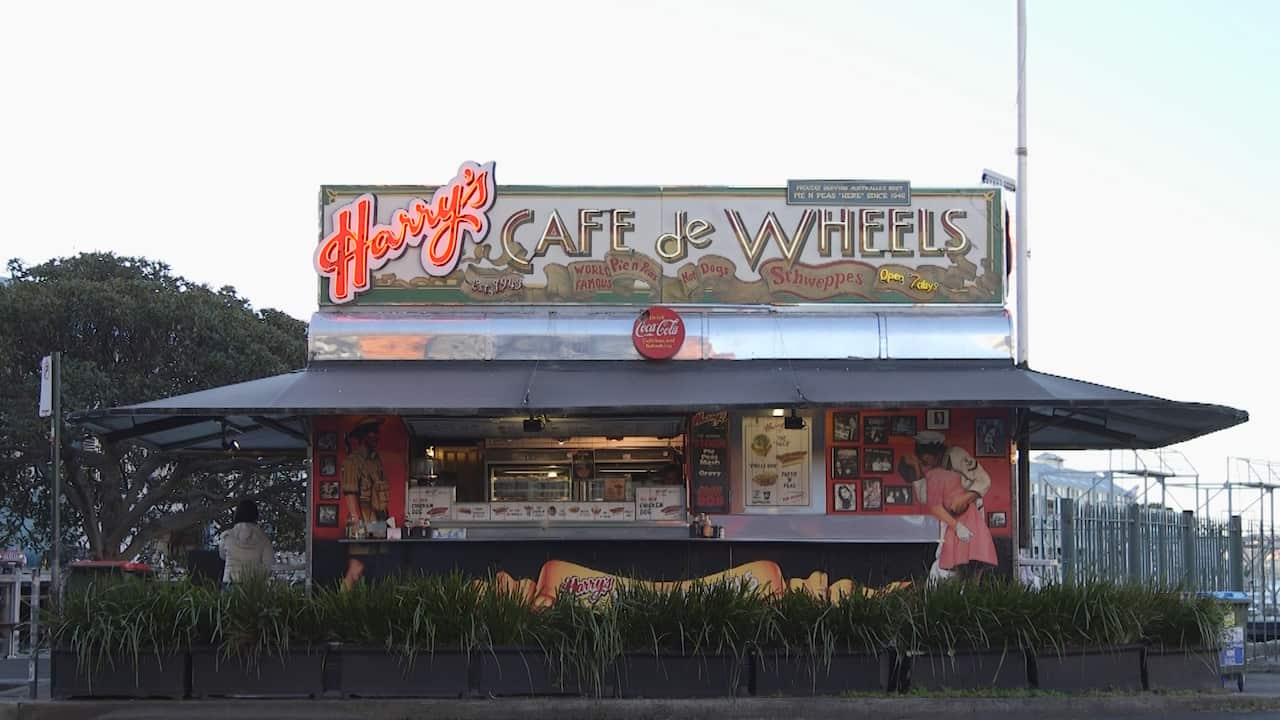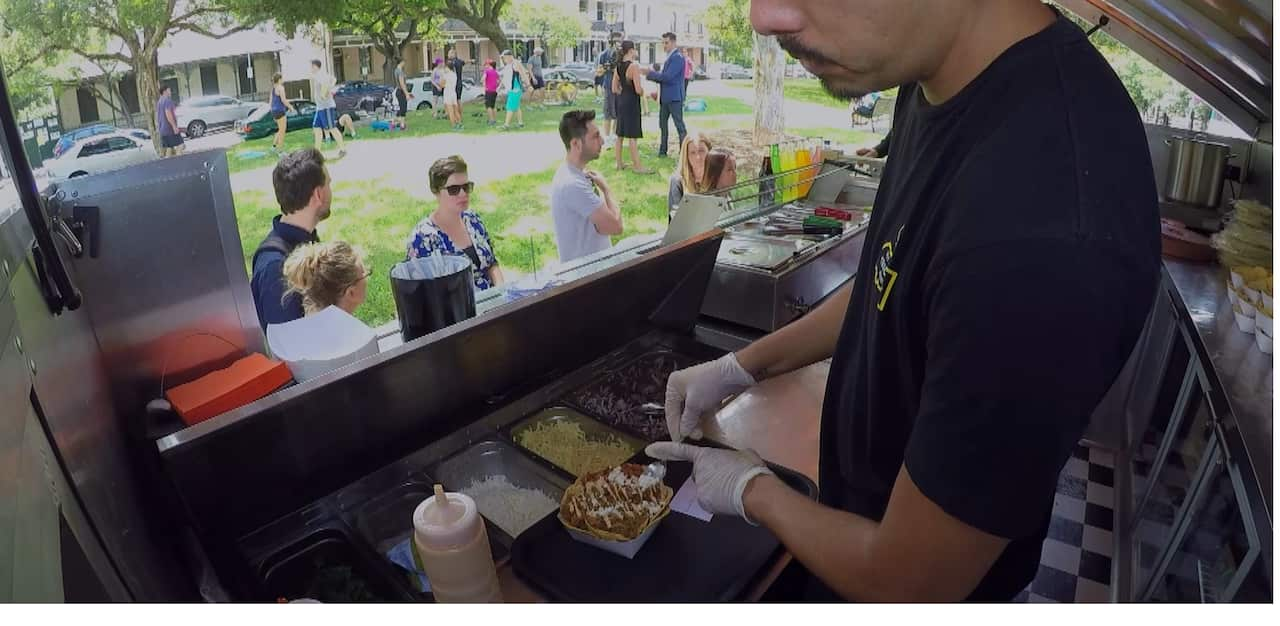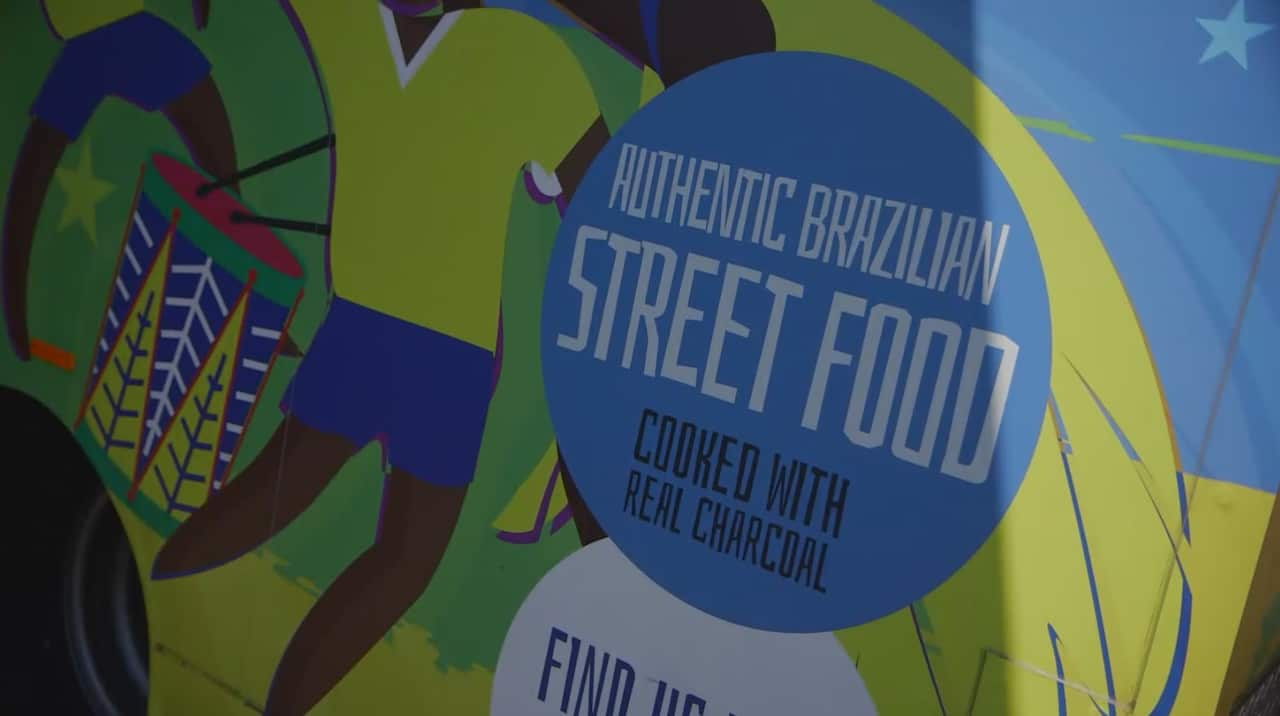1. Permits and licenses:
"Don't put the horse before the cart" - tick off all the boxes before you get moving, or risk hefty fines or closure.

Councils are leading the charge, with trials of food trucks across Australia, click on your city for a checklist.
Canberra - there is no city program, however there is a burgeoning mobile food scene with events likethe Forage
2. Buying or leasing a vehicle; van, truck, trailer or cart:
This will likely be your biggest start-up expense, so you might need to explore some financing options.

3. Financing:
Contact a broker for needs specifically related to the mobile food industry - contact AMFVG for a list of accredited brokers.
4. Find your patch:
Will you park in a foodie hub like Melbourne's Welcome to Thornbury site?
Will you find your own audience? **check you're legally allowed to trade in an area before parking
Or will you get in on the festival scene? If so, check out the AMFVG Festival Guide and register for events.
5. Source your suppliers:
The raw ingredients of your food become the raw ingredients of your business; quality is king on the street - after all, there is now plenty of tasty competition!

6. Targeting your market:
It helps to be able to drive to your customers, but it's even better if they seek you out.
Word of mouth is one thing, but social media is increasingly useful for emerging food truck businesses.
Snap some interesting streetscapes on your travels and keep your social media followers in the loop so they know where you are and what you're selling any day of the year.
Bon voyage and bon appetit!
For more SBS Small Business Stories: www.sbs.com.au/bizsecrets
Follow Small Business Secrets on Twitter and like us on Facebook





